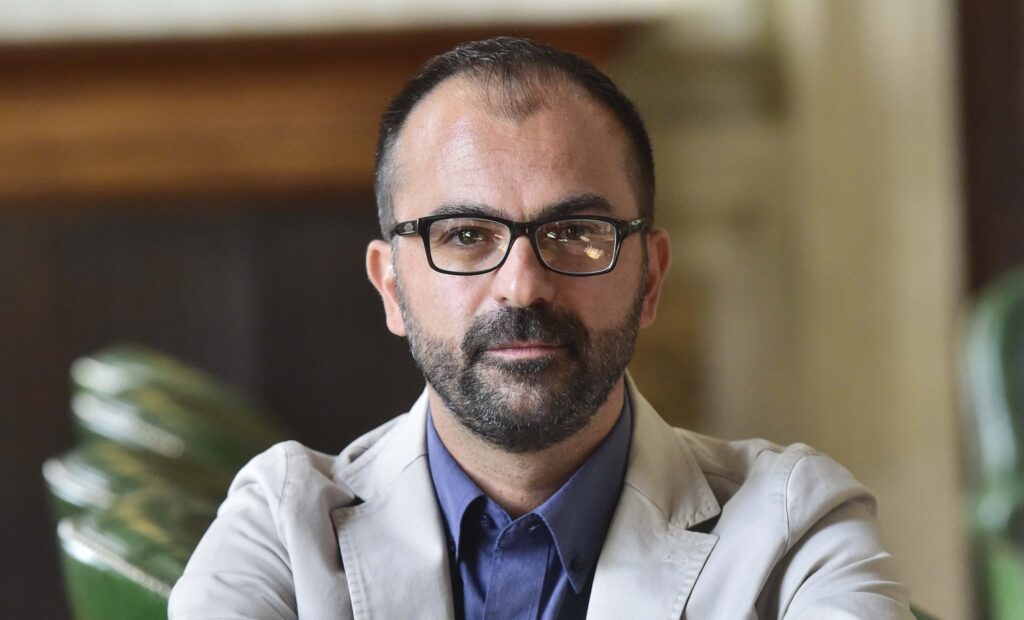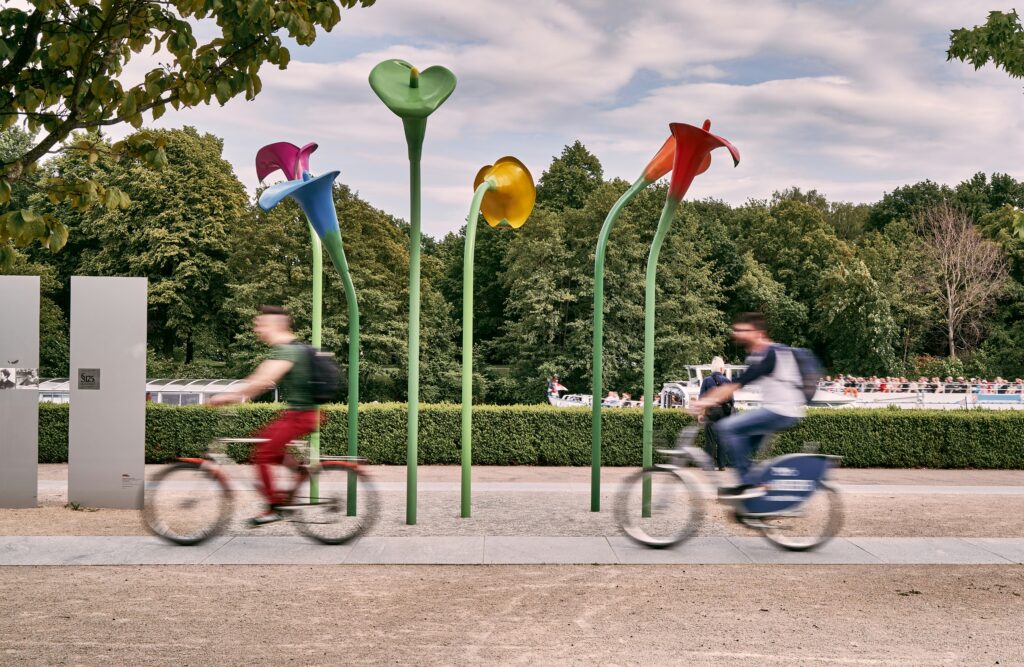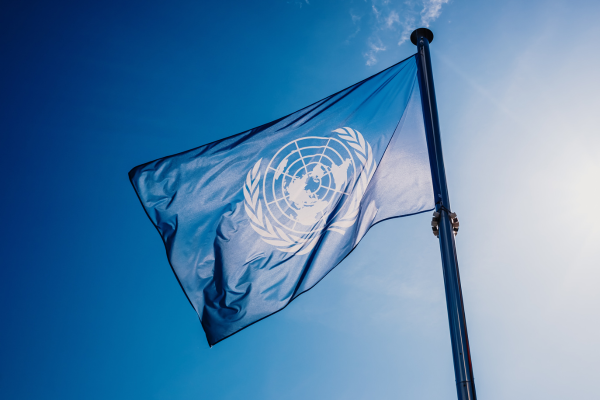
What is a wellbeing economy?
The current economic paradigm based on economic growth makes us believe that the more we produce and the more we consume, the better life will be for everyone. This paradigm fosters social and ecological problems, growing inequalities, social distress, endemic depression, while turning the planet into a dustbin. The wellbeing economy does exactly the opposite.
The wellbeing economy is an economy that strives to enhance human and ecological wellbeing rather than increases in outputs. It reconceives the concept of growth, from the simple increase of production/ consumption to the expansion in human wellbeing, and ecological wellbeing. In practice, this means rewarding and incentivising the activities that enhance personal health, environmental sustainability and regenerative processes.
Why should we focus on wellbeing?
This focus on wellbeing allows for a more complex, long-term and holistic approach to the environmental and social crisis we face.
For example, take a forest or a park. Does scraping it make economic sense? According to our current paradigm – yes, since it produces resources. But if you view it within the frame of wellbeing, the park is an ecosystem that produces beneficial effects on human health. For instance, it supports our ability to grow food and to breathe clean air – all things that increase our wellbeing. Within that paradigm, preserving natural ecosystems makes more economic sense than destroying them.
How does this apply to our daily activities?
Increasing work life balance has more benefits for the economy than working full-time. Giving people more leave, more incentives to look after their children, and to spend more time in their communities, is a good economic policy because it produces a lot of positive effects in terms of social equality, reducing depression, reducing social conflict, reducing crime, etc. In turn, these are beneficial to our economic progress as well.
What needs to change?
Our growth-based economic system is embedded in everything we do. We have fiscal policies these days that are producing tax breaks, incentives and subsidies for companies that pollute and destroy the environment, affecting human health at the same time. The reason it makes sense from a growth perspective is because our key indicators don’t consider the complexity and externalities of economic activity. Nowadays, our fiscal policy is completely skewed to the advantage of destructive economic activities.
On top of that, policies are designed for economies at scale: the more you buy and consume (or waste), the less you pay in proportion. The very concept of economies of scale, is a concept based on the obsession with growth thinking that assumes that the more you produce, the more efficient you will be. That’s nonsense. The more you produce, the more waste you’re generating, the more problems you’re generating for society, the less sustainable, you’ll be.
These dynamics are visible at individual scale too. If you go to a supermarket, you can be rewarded for buying more than what you need through the “Buy 2 Get 1 Free” kinds of discounts. This makes no sense. What would make sense would be to reward when people get what they need and no more. A ‘Buy what you need’ discount policy.



